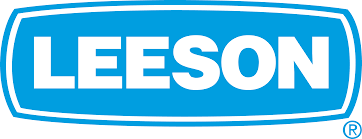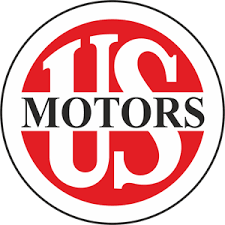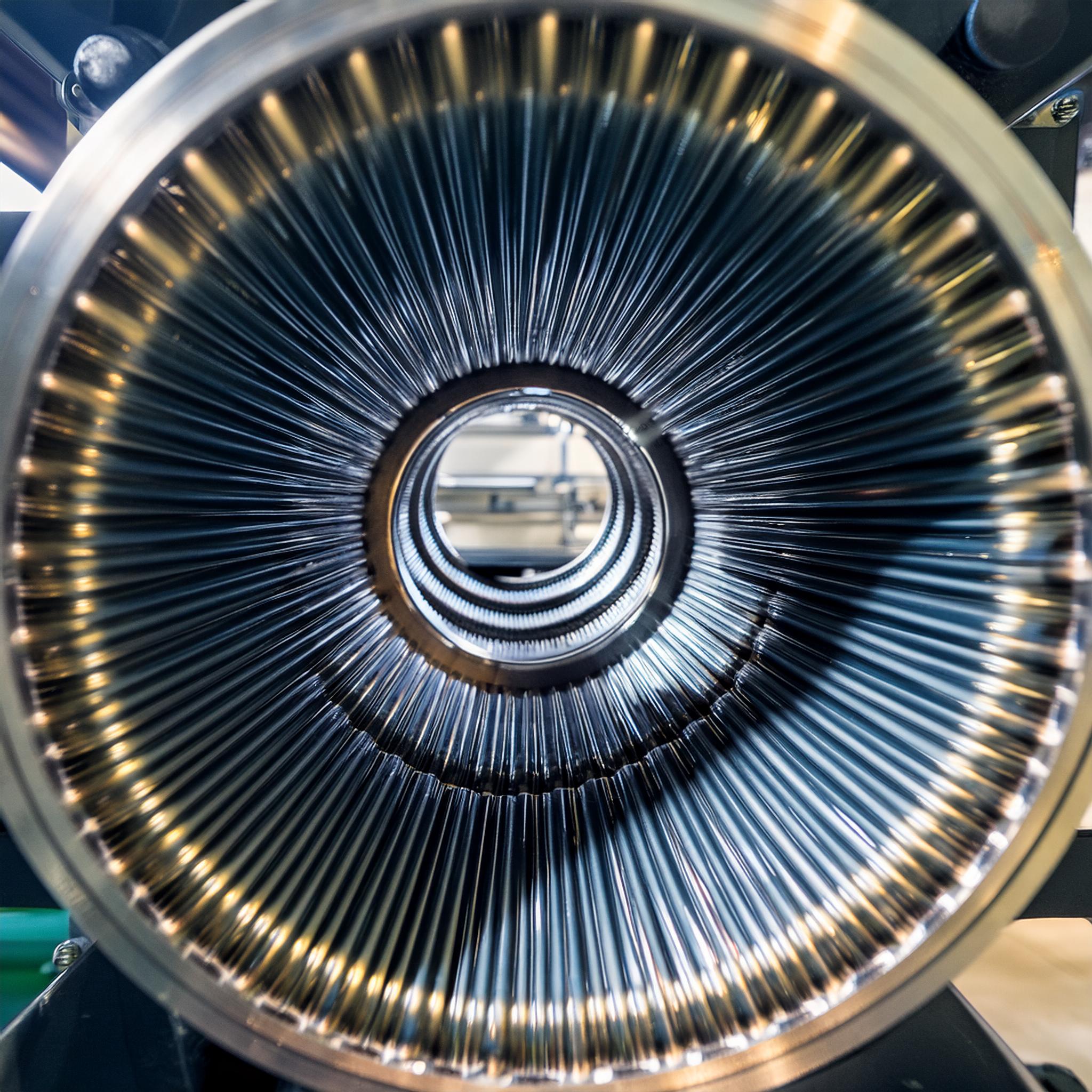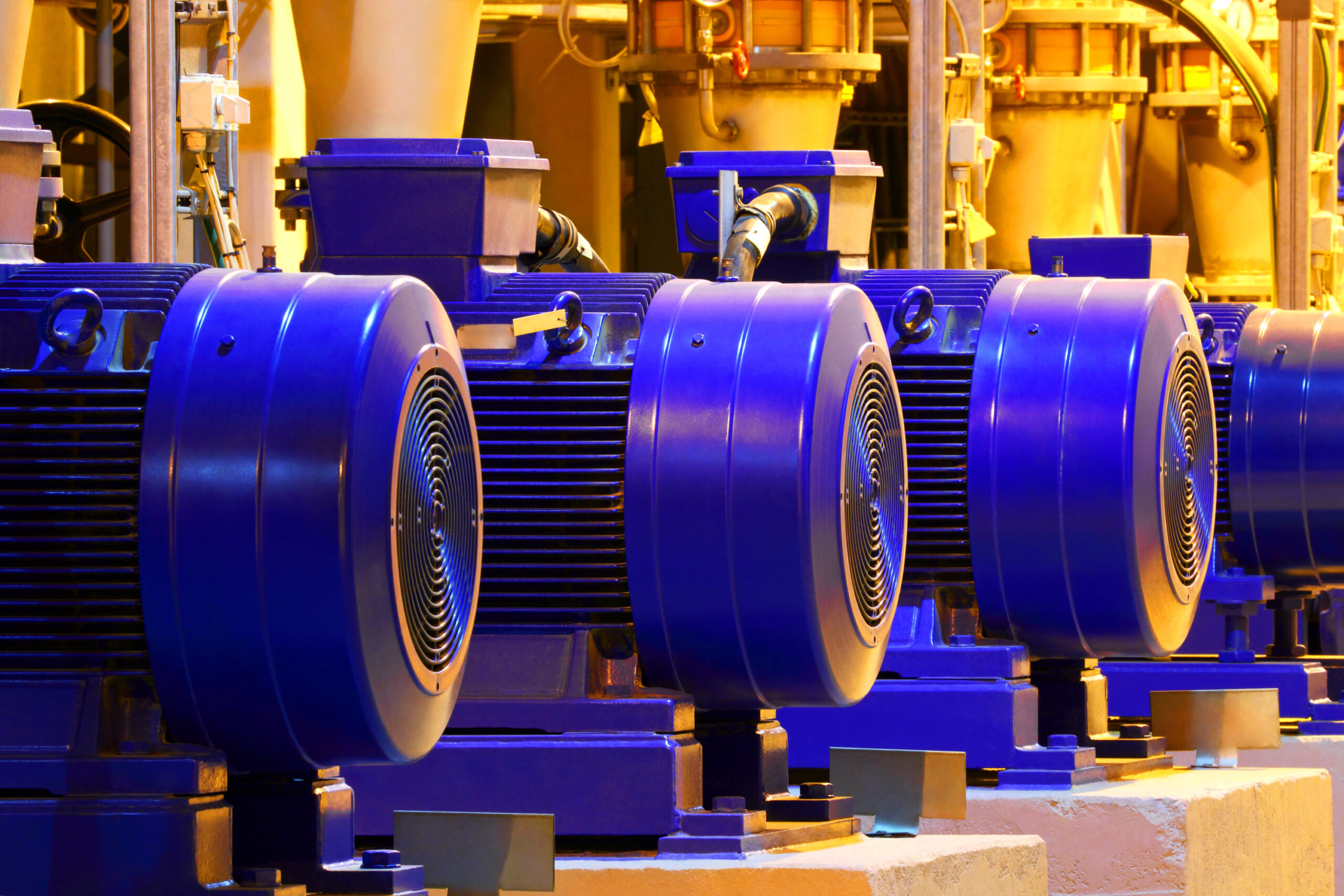High-Quality Electric Motors: Durable & Reliable Solutions
Electric motors are categorized into several types, each designed for specific applications and operational requirements. The main categories in our electric motor company include:
General Electric Commercial Motors
These are versatile motors suitable for a wide range of applications in both residential and light commercial settings. They are commonly used in household appliances, power tools, and small machinery.
Industrial Electric Motors
Designed for heavy-duty application of electric motors, they are built to withstand demanding environments and continuous operation. These motors are typically used in manufacturing plants, large-scale processing facilities, and heavy machinery.
Commercial Electric Motors
These motors occupy a middle ground between general and industrial motors. They are used in commercial buildings, HVAC systems, and medium-duty machinery in various business settings.
AC Motors
Induction Motors: Electric motors used in industry are known for their simplicity and reliability, these are widely used in industrial applications.
Synchronous Motors: Offer precise speed control and high efficiency, often used in large industrial processes.
DC Motors
Brushed DC Motors: Provide excellent speed control and are used in automotive applications and small appliances.
Brushless DC Motors: Offer higher efficiency and longer lifespan, commonly used in computer hardware and modern appliances.
Servo Motors
These provide precise control over angular position, velocity, and acceleration. They are crucial in robotics, CNC machines, and automated practices used by electric motor manufacturers.
Stepper Motors
Known for their ability to move in precise increments, these are used in 3D printers, camera systems, and other precision applications. Stepper motors excel in open-loop control systems where exact positioning is crucial without the need for feedback sensors.
Linear Motors
These produce motion in a straight line rather than rotational motion. They are used in various transportation systems and advanced manufacturing processes.
Electric Motors in Industrial Applications
Electric motors are widely applied in industries, powering a vast variety of machinery and systems. Much of their versatility, efficiency, and reliability explain their role as one of the keys to modern industrial operations. Some of the most critical industries and applications include:
Manufacturing
Electric motors and control systems drive conveyor belts, assembly lines, and various production machinery. For instance, in automotive manufacturing, robotic arms powered by servo motors perform precise welding and assembly tasks.
HVAC Systems
In commercial and industrial buildings, electric motors are essential components of heating, ventilation, and air conditioning systems. They power fans, compressors, and pumps to maintain optimal indoor environments.
Automotive Industry
Beyond manufacturing, electric motors are increasingly used in vehicle propulsion systems. Electric and hybrid vehicles rely on high-efficiency motors for primary or supplementary power.
Robotics and Automation
Precision motors, particularly servo and stepper motors, are fundamental in robotics. They enable accurate movement in industrial robots used for tasks like packaging, palletizing, and quality control inspections.
Oil and Gas
Large industrial motors power pumps and compressors in extraction, refining, and distribution processes. For example, submersible pumps in oil wells use specialized electric motor brands designed to operate in harsh environments.
Aerospace
High-performance electric motors are used in aircraft for functions such as wing flap actuation, fuel pumps, and environmental control systems.
Food and Beverage Processing
Motors power mixers, conveyors, and packaging machinery. In a brewery, for instance, motors control the precise movements required for bottling and canning operations.
Renewable Energy
In wind turbines, generators (which are essentially motors operating in reverse) convert wind energy into electrical power. Solar tracking systems also use motors to adjust panel positions for optimal sun exposure.
OUR SERVICES









